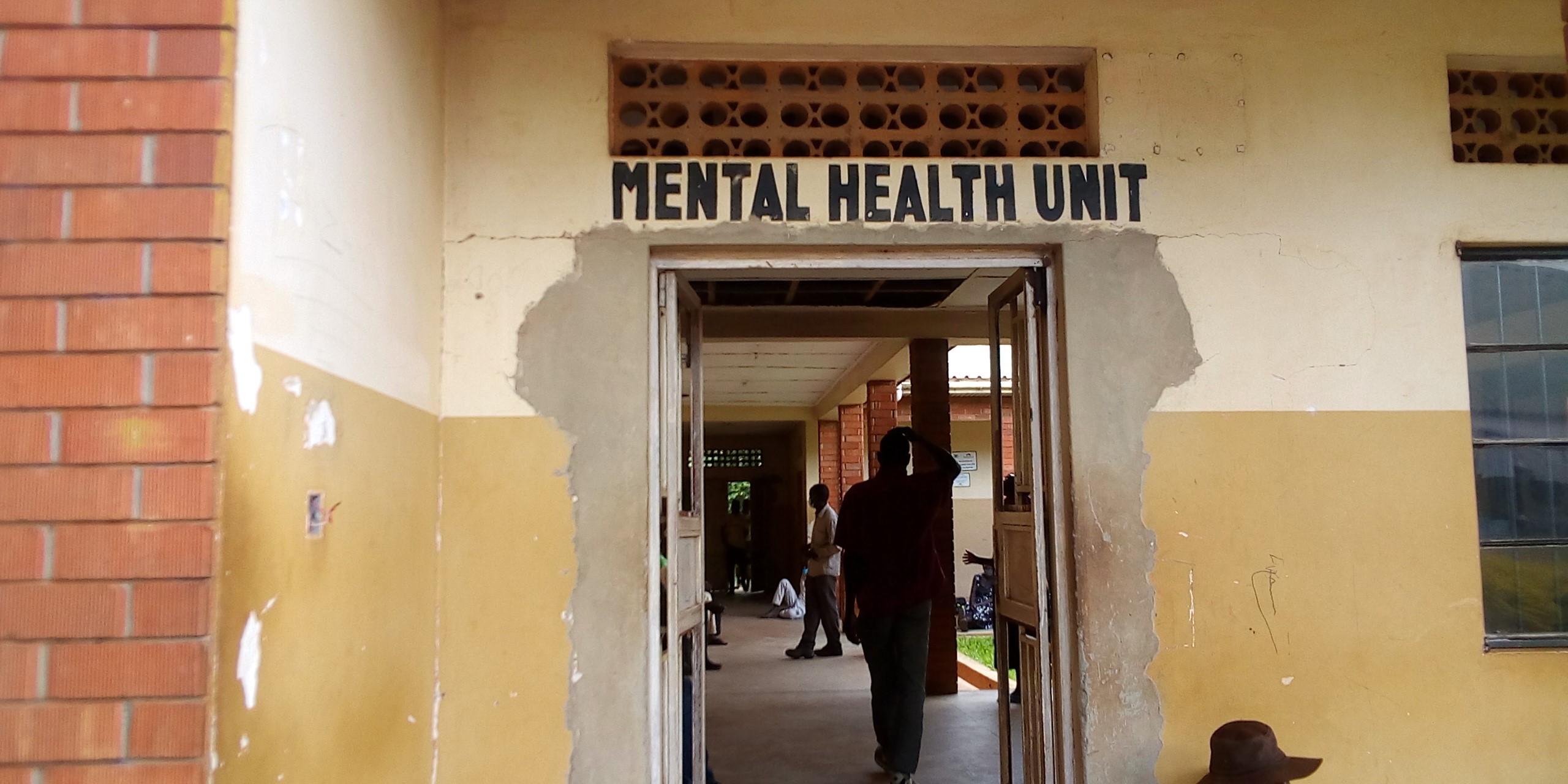Since Miriam Apiyo, a girl with mental illness left her father’s home in 2019, she has not received a single phone call from any family member asking about her location or wellbeing. And she says it makes her feel better.
Now 27 years old, Apiyo remembers suffering constant headaches for most of her childhood. The problem made her slow both socially and academically. She was enrolled in Gulu Prison, a school inclusive of children with intellectual disabilities.
“My parents tried all sorts of conventional and traditional medicine, but my condition never improved,” Apiyo said.
When she was nine years, mental health experts from Gulu mental Health Unit went to her school to look for, and give medical support to children with mental illness. Then, she was examined and found to have an open fontanelle; that part of the head that breathes when one is still a baby. Although that part of the head closes as one grows, Apiyo still has the dent.
“I can’t carry any load on my head. If I do, I get a bigger dent, followed by a migraine and dizziness.”
After the diagnosis, psychiatrists classified Apiyo as a child with a mental health problem. She should have gotten more care and support from her family, but she got the reverse. Her grandmother endlessly blamed her mother for giving birth to an “insane” child.
“When my mother decided to leave the marriage, the torment turned on me. I was made to feel worthless.”
What angered Apiyo more was that her elder brothers never intervened whenever their father insulted her. It was neighbors who confronted her father and threatened to report him to the police.
“But the treats from neighbors were only affective a few times. Afterward, my father saw that no one was coming to arrest him and continued insulting me,” Apiyo said.
Charles Amandu Sunday a psychiatrist at the mental health unit Gulu regional referral hospital acknowledged that stigma is very rampant in northern Uganda and greatly affects the healing process of persons with mental illness.
“Rejection is very common in families because they think such people are useless, yet they can recover and be productive like any other person,” Amandu says.
The psychiatrist calls for sensitization of the community and families about the dangers of stigma and rejection of users of mental health services so that they freely access treatment, and fast.
“When someone develops mental illness the family takes them to the hospital as a last resort, but that should not be the case,” he said.
Gulu Metal health unit receives between 300-500 persons seeking help for mental illnesses monthly, according to psychiatrists at the unit.
Derrick Kiiza, the executive director of Mental Health Uganda, explains that stigma is manifested in many ways; on an individual with a mental health problem, a person who comes from a family that has a member who suffers from mental illness.
“Many people also think that when one works in an organization that supports people with mental health problems, then that means they have a mental health problem. That is how great stigma can be,” Kiiza said.
According to Kizza, stigma hinders persons with mental illness from accessing services, because they don’t want to be seen as having a mental illness.
Because stigma causes shame or a situation that having a mental health problem is a crime, others don’t get the right service [modern system]. It also affects them from joining development initiatives within their area, because they want to be seen for fear of being ridiculed.
Northern Uganda, which suffered the brunt of the Lords’ Resistance Army, has been registering high cases of mental illnesses, which psychiatrists partly attribute to the two-decade- insurgency.
Uganda is among the countries that backed the United Nations Convention on the rights and dignity of persons with disabilities, which also entails respecting persons with mental health illnesses as equal to others.
However, much as Article 19 of the Convention calls for the inclusion of persons with mental illness in the community and supporting them equally with services, many people with mental illness are neglected.
Apiyo notes that stigma is not only distressing, but it has forced many people who had started treatment to abandon it, for fear of being seen at the hospital and labeled.
“Some patients instead choose to send relatives to refill their medication for them. Yet each patient needs to go personally for them to be assessed and advised accordingly,” Apiyo said.
Apart from the verbal abuse, Apiyo said she wished for her family to support her with a source of livelihood. However, she stopped only in Primary four, when her brothers continued with their studies.
It was her primary school that trained her in making table mats. But she spent four years doing that.
“Not that I was so dumb to finish the course in three months, or upgrade. It was because my family did not support me with a start-up kit to start earning from my skill,” she said.
Instead, her father saw that she had become of age and started looking at her as a source of money in form of dowry and one night set up a man to rape her from her room.
“When the man was arrested, he confessed that my father convinced him to do it.”
Apiyo was only 15 years then. The man who was sent to rape her was tested HIV positive and was jailed for six years. After the incident; “My father chose to hurt me with words daily and openly said he wished me dead.”
In 2014, when the Gulu Disabled Persons Union announced that they were enrolling people in sweater knitting, Apiyo applied and was admitted and trained for six months.
In 2015, Apiyo and eight other persons with mental and physical disabilities were given a special grant by the then Gulu municipality to start a business in sweater knitting. The group made money by getting contracts to make school sweaters. Then Apiyo decided to leave home.
“I left home because I did not want to be stressed by the people who should love me. My head could always spin. I got regular fits because of the constant insults. But that has not happened since I left home.”
This year, Apiyo got a grant of 2.5 million shillings from Kuonyesha, to boost her business. She used part of the money to train five other women with mental illness for three months in sweater knitting, and buy machines for her business.
Although the business does not bring a lot of money now that the schools that used to be my main clients are closed, she says it has given her peace of mind.
“Sometimes I worry about how I will pay rent the following month. But the financial challenge is not pain-inducing like the words my dad used on me,” she said.
Ends







